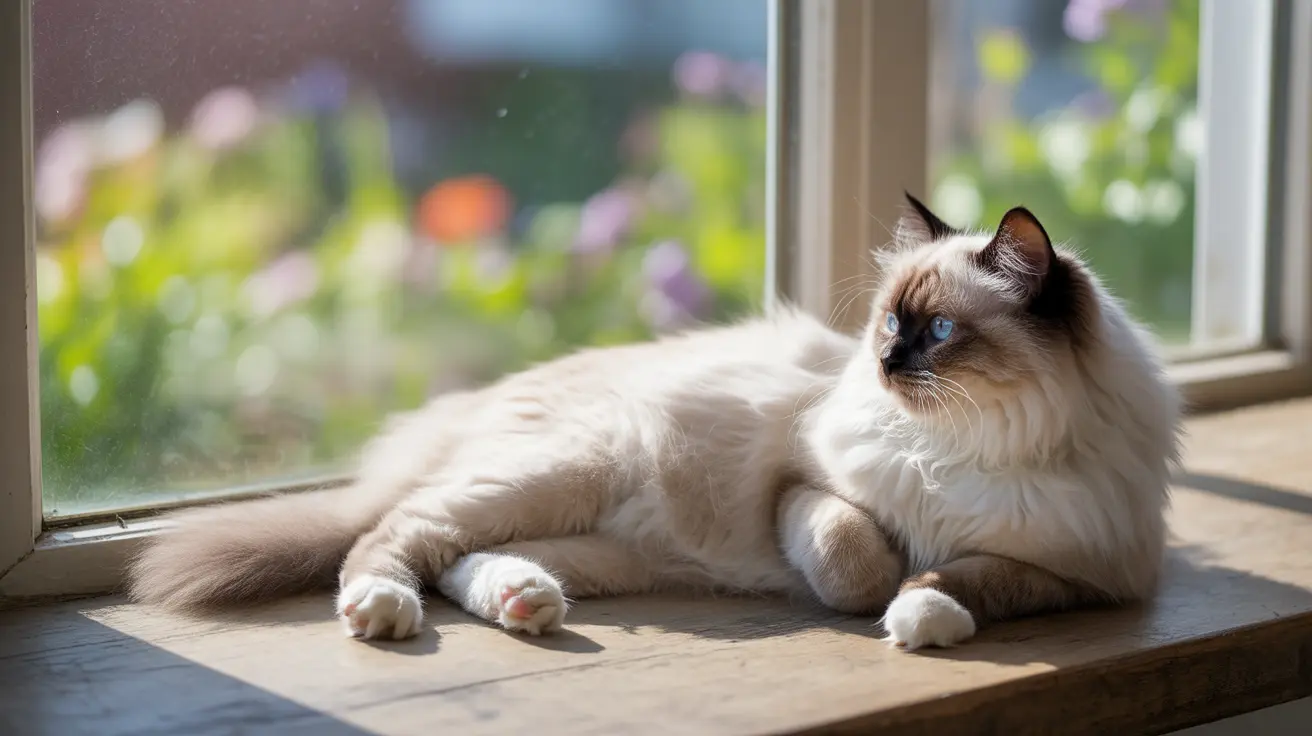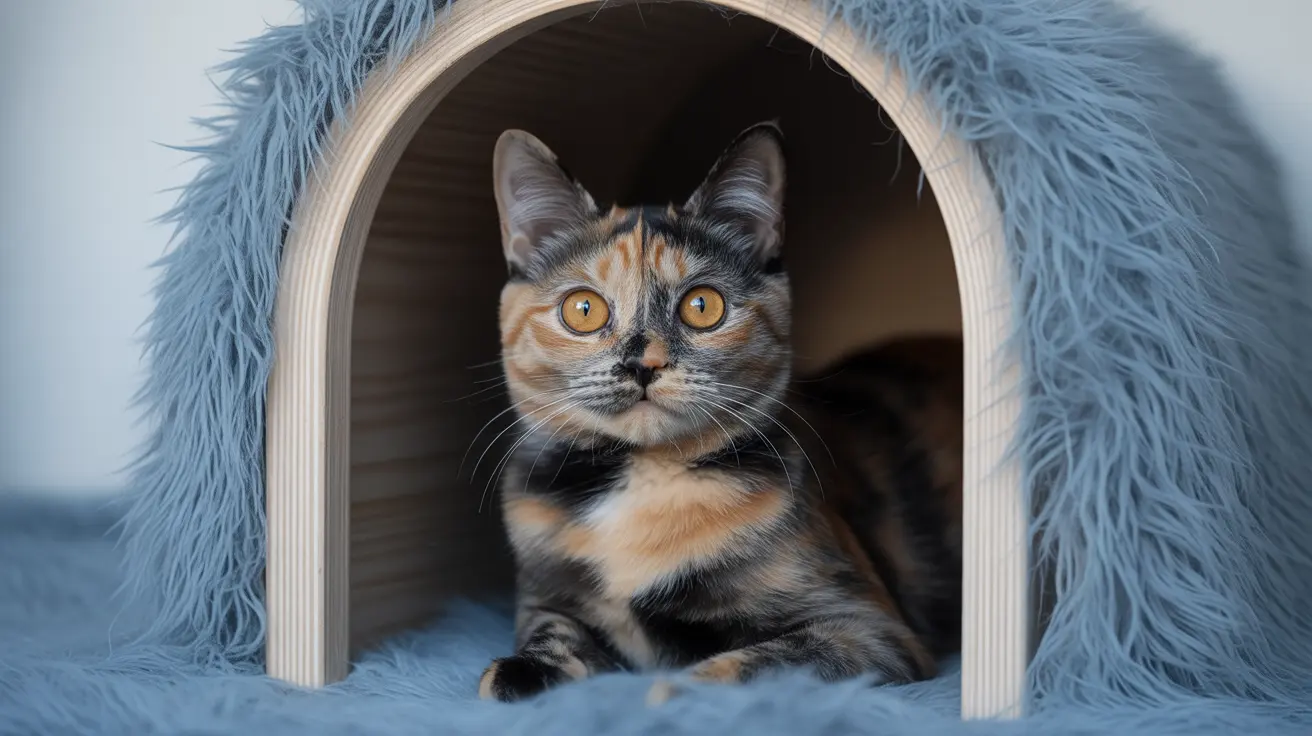Every cat owner occasionally faces the challenge of travel or extended absence, but leaving your feline friend alone for an extended period requires careful planning and consideration. While cats are known for their independence, four days without proper care can pose significant risks to their health, safety, and emotional well-being.
Understanding the potential challenges and implementing strategic solutions is crucial for responsible pet ownership. This comprehensive guide will walk you through essential strategies to ensure your cat remains safe, comfortable, and healthy during your temporary absence.
Understanding the Risks of Extended Cat Isolation
Leaving a cat alone for four days isn't just inconvenient—it can be potentially dangerous. Cats require consistent care, monitoring, and social interaction that cannot be fully replicated by automated systems or static environments.
Potential Health and Safety Concerns
- Dehydration from water bowl emptying
- Potential food supply interruptions
- Unclean litter box leading to behavioral issues
- Increased stress and potential separation anxiety
- Risk of accidents or medical emergencies
Preparing Your Home for Extended Cat Care
Essential Pre-Departure Checklist
Before leaving your cat alone, create a meticulously planned environment that minimizes risks and supports their basic needs. This preparation is critical to your cat's well-being during your absence.
Food and Water Management
- Use multiple, large water bowls or automatic water dispensers
- Provide extra food stations with measured portions
- Consider gravity-fed or programmable feeding systems
Litter Box Strategies
- Clean litter boxes thoroughly before departure
- Place multiple litter boxes in accessible locations
- Use larger, deeper litter boxes to accommodate multiple uses
Recommended Alternatives to Solo Cat Care
While preparation is crucial, the safest approach is to avoid leaving your cat completely alone for four days. Professional alternatives can provide peace of mind and optimal care for your feline companion.
Professional Care Options
- Professional Cat Sitters
- Daily visits for feeding, cleaning, and companionship
- Professional monitoring of your cat's health and behavior
- Pet Boarding Facilities
- Controlled environments with constant supervision
- Professional veterinary staff on-site
- Structured feeding and play schedules
- Trusted Friend or Neighbor Care
- Familiar environment for your cat
- Personal connection and attention
- Cost-effective alternative to professional services
Technology and Monitoring Solutions
While not a complete substitute for human interaction, modern technology can provide additional layers of monitoring and support during your absence.
Advanced Monitoring Tools
- Pet cameras with two-way audio
- Smart feeders with portion control
- Temperature and activity monitoring systems
Preparing Cats with Special Needs
Cats with medical conditions, seniors, or young kittens require even more specialized care and should rarely, if ever, be left alone for extended periods.
Special Considerations
- Medication administration schedules
- Mobility limitations
- Higher stress sensitivity
Frequently Asked Questions
How long can a cat be safely left alone without human interaction?
Ideally, cats should not be left alone for more than 24-48 hours. For periods longer than this, arrange professional care or pet sitting.
What are the risks of leaving a cat alone for four days?
Risks include dehydration, unclean living conditions, potential medical emergencies, psychological stress, and increased accident potential.
How can I ensure my cat's safety during extended absences?
Utilize professional pet sitters, boarding facilities, multiple feeding stations, clean litter boxes, and technological monitoring tools.
What are alternatives to leaving a cat alone for several days?
Consider professional cat sitters, pet boarding, trusted friend/neighbor care, or adjusting travel plans to minimize cat isolation.
Why is social interaction important for cats during extended absences?
Cats are social creatures who require mental stimulation, consistent care, and emotional connection to maintain their physical and psychological well-being.
While cats are adaptable, responsible pet ownership means prioritizing their comprehensive care. By understanding risks, preparing meticulously, and exploring professional alternatives, you can ensure your feline friend remains safe, healthy, and comfortable during your absence.






